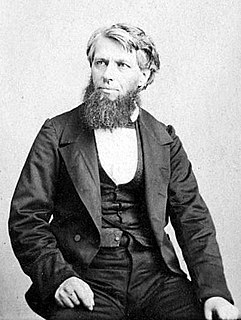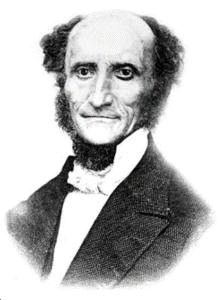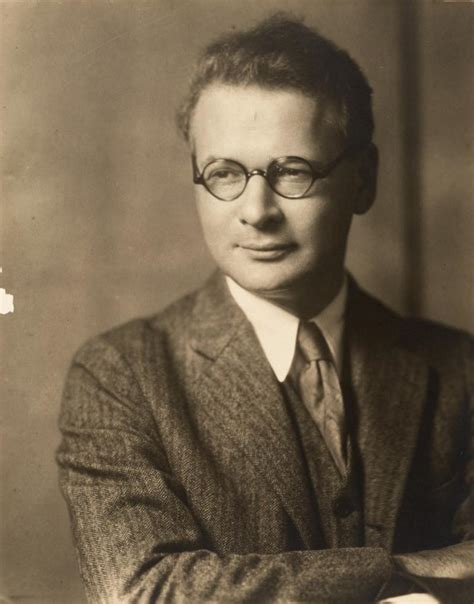A Quote by Ralph Waldo Emerson
It is the duty of men to judge men only by their actions. Our faculties furnish us with no means of arriving at the motive, the character, the secret self. We call the tree good from its fruits, and the man, from his works.
Related Quotes
The Gospel does not require anything good that man must furnish: not a good heart, not a good disposition, no improvement of his condition, no godliness, no love either of God or men…….. It plants love into his heart and makes him capable of all good works. It demands nothing, but it gives all. Should not this fact make us leap for JOY?
Those who won our independence believed that the final end of the state was to make men free to develop their faculties... They valued liberty both as an end and as a means. They believed liberty to be the secret of happiness and courage to be the secret of liberty... that public discussion is a political duty; and that this should be a fundamental principle of the American government.
My personal attitude toward atheists is the same attitude that I have toward Christians, and would be governed by a very orthodox text: "By their fruits shall ye know them." I wouldn't judge a man by the presuppositions of his life, but only by the fruits of his life. And the fruits - the relevant fruits - are, I'd say, a sense of charity, a sense of proportion, a sense of justice. And whether the man is an atheist or a Christian, I would judge him by his fruits, and I have therefore many agnostic friends.
The actions of bad men produce only temporary evil, the actions of good men only temporary good ; and eventually the good and the evil altogether subside, are neutralized by subsequent generations, absorbed by the incessant movements of future ages. But the discoveries of great men never leave us; they are immortal; they contain those eternal truths which survive the shock of empires, outlive the struggles of rival creeds, and witness the decay of successive religions.
But we are pledged to set the world free. Our toil must be in silence, and our efforts all in secret. For in this enlightened age, when men believe not even what they see, the doubting of wise men would be his greatest strength. It would be at once his sheath and his armor, and his weapons to destroy us, his enemies, who are willing to peril even our own souls for the safety of one we love. For the good of mankind, and for the honor and glory of God.
The democratic rule that all men are equal is sometimes confused with the quite opposite idea that all men are the same and that any man can be substituted for any other so that his differences make no difference. The two are not at all the same. The democratic rule that all men are equal means that men's being different cannot be made a basis for special privilege or for the invidious advantage of one man over another; equality, under the democratic rule, is the freedom and opportunity of each individual to be fully and completely his different self. Democracy means the right to be different.
The purpose of God is the sovereign cause of all that good that is in man, and of all that external, internal and eternal good that comes to man. Not works past, for men are chosen from everlasting; not works present, for Jacob was loved and chosen before he was born; nor works foreseen, for men were all corrupt in Adam. All a believer's present happiness, and all his future happiness springs from the eternal purpose of God.
For the man who makes everything that leads to happiness, or near to it, to depend upon himself, and not upon other men, on whose good or evil actions his own doings are compelled to hinge,--such a one, I say, has adopted the very best plan for living happily. This is the man of moderation; this is the man of manly character and of wisdom.







































